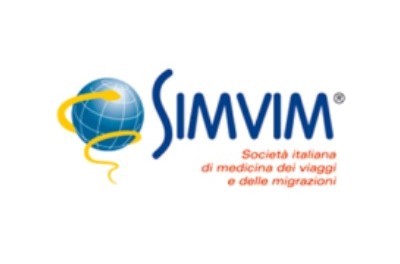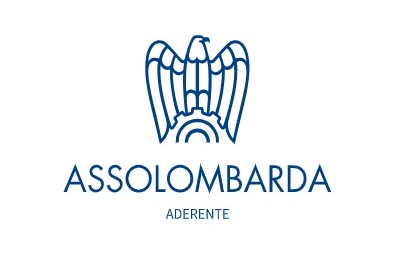OEUK certification (offshore Energy UK)
What is OEUK certification and what is it for?
OEUK stands for Offshore Energy UK, the leading trade association for the British offshore oil and gas industry. The association established the guidelines of the certificate of the same name, required to work in Offshore structures in British and Norwegian waters, but it quickly became a global safety and quality standard.
Who is it for?
The OEUK certificate is required documentation for any worker who wants to work in an Offshore environment; the translation of the term is "far from the coast" and refers to all those naval vessels that operate in the open sea and near deep waters for oil exploration involving drilling, production and construction work on the high seas.
Certificate guidelines
Offshore Energy UK sets a standard of suitability which must be met by anyone working in the industry. Safety is an absolute priority for this professional field characterized by particular conditions and it is essential that each employee is suitable for the specific job. Every worker who works on an Offshore unit (drilling vessel, floating plant, semi-submersible, permanent platform) must undergo a specific medical examination.
The compilation and consequent suitability of the OEUK certificate is prepared by a licensed doctor and approved by the United Kingdom Offshore Operators Association (UKOOA). The issuance of the certification is the task of the doctor who has acquired skills in the offshore environment and remote medicine and has followed specific training. Release is subject to checks prior to the date of hiring and additionally, periodic checks are run on a regular basis.
Eligibility for work
The medical examination for work suitability includes the evaluation of:
Blood pressure, weight, height, body mass index (BMI), cardiovascular and pulmonary evaluation with focus on skin, gastrointestinal system, musculoskeletal system and neurological functions. In addition, other specific tests must be performed: color vision tests, audiometry, spirometry and blood chemistry tests. According to OEUK requirements, workers with a BMI greater than 30 may be required to have a stress ECG as an additional part of the examination, depending on other identified comorbidities. Second-degree obesity is one of the major causes of unfitness in the Offshore sector.
In addition, the maritime and technical personnel of the platforms at sea, of the floating pontoons, used for Offshore activities and of the pipe-laying vessels, is obliged to carry out drug tests, according to the Provision of 30 October 2007 and controls on the intake of alcohol or spirits, based on the provision of March 16, 2006.
How long does the certification last?
The duration of the certification is two years, except for some cases selected for constitutive pathologies, mandatory resulting from serious illness, accident at work, emergency medical evacuation from an offshore area or at the discretion of the certifying doctor.
The worker can request two additional certifications: OEUK - Fitness To Train Medical- FTT and OEUK - Emergency Response Team Duties- ERT.
The first is a necessary suitability for survival courses for exercises in water with compressed air emergency breathing apparatus;
The second concerns a higher level, exclusive to the team that manages emergencies with the purpose of firefighting, assistance with controlled evacuation of the platform, search and rescue of victims.
Every Offshore worker must be adequately trained in the performance of his job with particular attention to his duties and the safety precautions to be implemented. In addition to the specific occupational risks, there is limited access to medical care while working away from the coast; for this reason, a correct classification of the basic conditions of the worker and periodic visits by the certified doctor are essential.
Ambimed doctors are authorized to issue this certification. They will follow your employees during the visits and examinations necessary for the release and/or renewal of the relative documentation.




